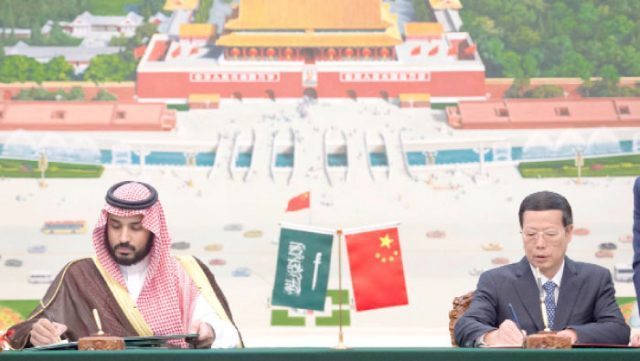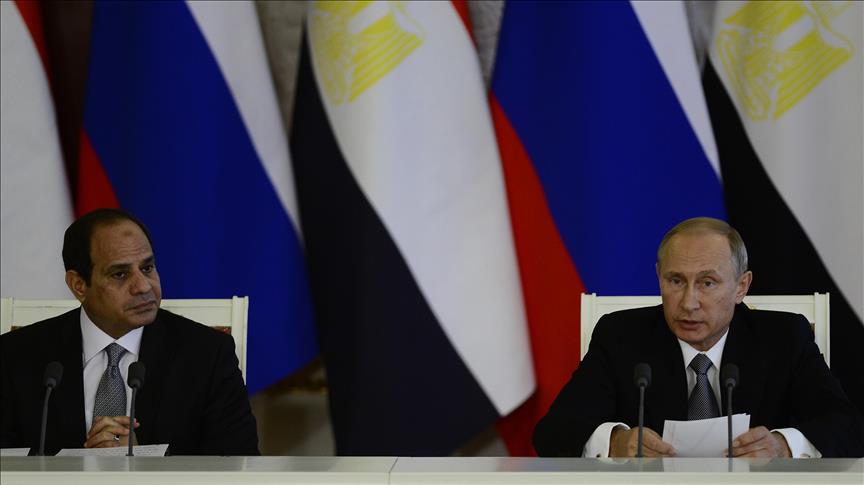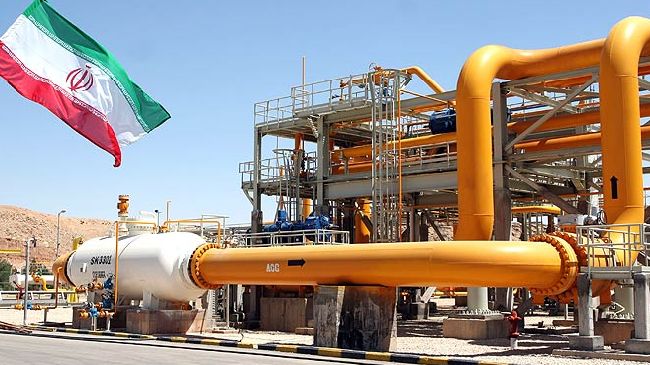
Chinese Vice Premier Zhang Gaoli and Saudi Arabia’s Deputy Crown Prince Mohammed bin Salman signed on Tuesday 17 cooperative agreements, reported Xinhua
17 memorandums of understanding (MoU) were signed between the two nations in fields including oil storage, water resources, cooperation on science and technology, and cultural cooperation, Saudi News Agency SPA said.
Among the MoUs was a plan for the two countries to cooperate in building 100,000 homes in the Asfar suburb of the eastern Saudi city of al-Ahsa.
According to Xinhua News Agency, China is willing to share experience with Saudi Arabia on state governance, calling on the two sides to support each other’s core interests and major concerns and cement strategic mutual trust.
Saudi Arabia firmly supports China’s stance on issues related to Taiwan, Xinjiang and the South China Sea, outlined Xinhua
From Japan, the prince will return to China to chair Saudi Arabia’s delegation to the Sept. 4-5 summit of leaders of the world’s 20 biggest economies in the eastern city of Hangzhou, to present to the G20 his economic reform plan, which envisages state spending of around 270 billion riyals ($72 billion) in the next five years on projects to diversify the economy.
Prince Mohammed’s father, King Salman, led the Saudi delegation to last year’s G20 summit in Turkey. Heading this year’s delegation would be a political boost for the 31-year-old prince, who rose to prominence when his father took the throne in January 2015.
In April 2015, King Salman appointed one of his nephews, Mohammed bin Nayef, as Crown Prince. At the same time King Salman appointed his son Prince Mohammed as deputy crown prince.
Prince Mohammed bin Salman is the second deputy prime minister and the youngest minister of defense in the world. He was named as the minister of defense in January 2015.
Mohammad is also the secretary general of the royal court, and the chairman of the Council for Economic and Development Affairs.
He has been described by the Economist as the source of power behind the throne of his father, King Salman.



